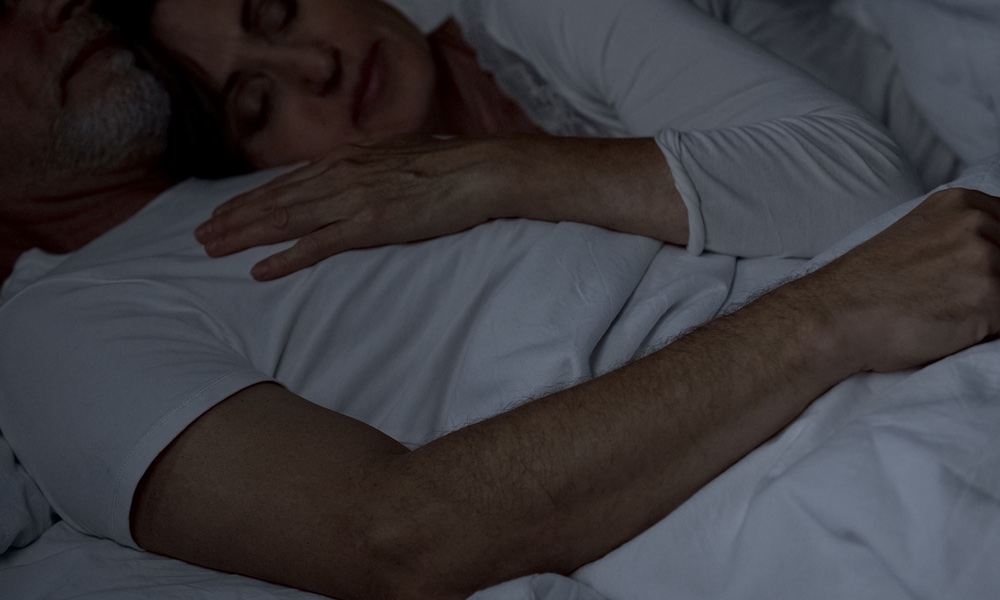Being awake at night — especially working the night shift regularly — is not good for the body. It’s linked to all types of health problems, and particularly seems to have a bad effect on a person's metabolism.
Even within daylight hours, the timing of your sun exposure can make a difference in your weight, according to a new study. It may all be about the way sunlight resets the body’s internal clock, which governs the daily rhythms of many of the body's processes.The researchers calculated that being exposed to morning light accounted for about 20% of a person's BMI, which is quite a lot.
The 54 participants also wrote down what they ate over the same week-long period, and their body mass indices (BMI) were calculated from their heights and weights.
“The earlier this light exposure occurred during the day, the lower individuals' body mass index,” said Kathryn Reid, one of the two lead authors in a statement. “The later the hour of moderately bright light exposure, the higher a person's BMI.”
In other words, those with lower BMIs tended to spend more time outside early in the day, while people who were active later in the day generally had higher BMIs and weighed more for their height.
The researchers calculated that being exposed to morning light accounted for about 20% of their BMI, which is a lot considering that many other variables also affect body mass. And this connection existed even with other factors, like how many calories study participants consumed, activity level, season, their age, and the timing of nighttime sleep were taken out of the equation.
The authors believe the connection might exist because spending time in the early morning light may reset the body’s internal clock, which can get “unset” when we stay up too late, or don’t get enough sleep.
“Light is the most potent agent to synchronize your internal body clock that regulates circadian rhythms, which in turn also regulate energy balance,” said researcher Phyllis C. Zee. “The message is that you should get more bright light between 8 a.m. and noon.”
It took just 20 to 30 minutes of morning light to have a significant effect on BMI. And being inside under artificial light won’t cut it – even sunlight on a cloudy day is many times brighter than artificial indoor lighting.
Direct or indirect sunlight is also a major cause of skin cancer, so make sure you wear protection any time you are out between 10 a.m. and 3 p.m. Look for sunblock whose label states that it protects against both UVA and UBV rays.
Spending more time outdoors in the morning could provide the metabolic boost some adults and children need to lose weight — or at least help prevent them from gaining it. As Kathryn Reid said, “Just like people are trying to get more sleep to help them lose weight, perhaps manipulating light is another way to lose weight. “It took just 20 to 30 minutes of morning light to have a significant effect on BMI.
For kids, whose recess time has already been cut back significantly in recent years, the results could also have big implications. Giving them more morning time outside, says Zee, could have a far-reaching effect on their metabolisms.
The obesity crisis has affected children enormously. Studies show that children who are obese very often develop health problems that only become more serious in adulthood.
So, make a point of getting out in the morning. Take a walk, or a jog, do some yoga or meditate outdoors. Help your kids do the same. It may not be possible every morning, but if you grab a little early sunlight when you can, it may have a nice effect on your brain’s internal clock, and on your waistline.
The study was carried out by a team at Northwestern University, and is published in the journal PLOS ONE.




